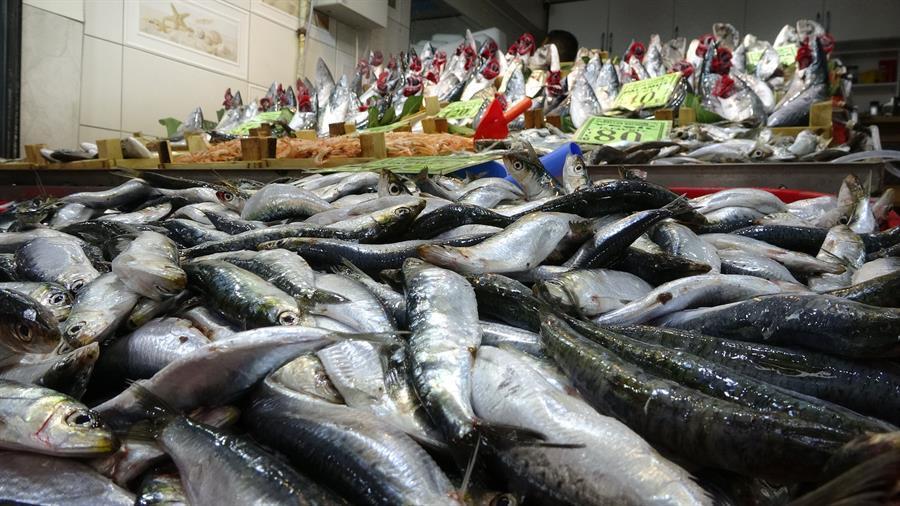
Experts are foreseeing plenty of bonito in the new fishing season that has kicked off in Türkiye after a five-month hiatus, with the number of anchovies declining as the number of fisheries has decreased around 30 percent in the last decade.
Fishermen in the Black Sea ports, where nearly 75 percent of the fisheries in the country are located, set out to sea, with
experts and sector representatives hopeful of a bountiful fishing season.
“We will probably experience a real abundance of bonito after many years,” said Erdoğan Kartal, the head of the aquaculture cooperatives association in Istanbul, adding that there have been bonito in the Black Sea region since the beginning of August.
Bonito prices have dropped to 70-80 Turkish Liras ($3.80-4.30) per kilo, Kartal said. “When the weather gets a little cooler, it may drop to 25-30 liras [$1.60], or even lower.”
Meanwhile, anchovies that used to migrate to Turkish waters in autumn, has started to move to Georgia in recent years, according to the sector representatives.
Stating that they wrote dozens of petitions to the fishermen in Marmara not to catch anchovy as they are small, Kartal said, “It seems that the Black Sea will not produce much anchovy before November.”
“If the weather continues like this and doesn’t get cold, we may be longing for anchovies and horse mackerel for a while.”
“Only the variety has increased a bit in the new season but it’s hard to talk about full abundance,” said Kartal, adding that it’s mainly because of the temperature.
Pointing to the climate change as the reason behind the increase in water temperature, Saadet Karakulak, a professor from Istanbul University, said, “The fishing season opens on Sept. 1 but there has not been much hunting activity for two weeks.”
“There has been a decrease of around 30 percent in the number of fisheries in the last 10 years,” said Karakulak. “This is due not only to climate change but also to many factors such as overfishing, marine pollution, invasive species and illegal hunting.”
Unless these effects are mitigated, it is very difficult to see improvement in fisheries, according to Karakulak.
Karakulak also pointed out that the decrease in oxygen levels in Türkiye’s seas causes stress to sea creatures and some species to migrate.
“The reason why swordfish, tuna and mackerel have not been seen in the Black Sea and Marmara Sea for many years is the decrease in oxygen levels.”
Especially the treatment facilities that discharge into the Marmara Sea need to be improved, according to Karakulak.
“In order for the water to reach the targeted quality in the Marmara Sea and in the rivers flowing into the Marmara Sea, water recovery and clean production practices are essential.”
A fishing ban is imposed every year between April 15 - Sept. 1 to preserve fish eggs and ensure sustainable fish farming.